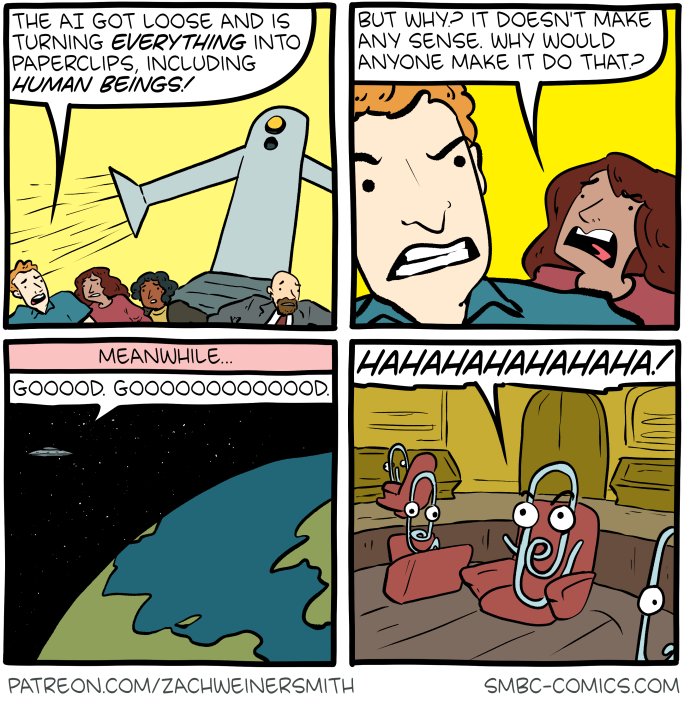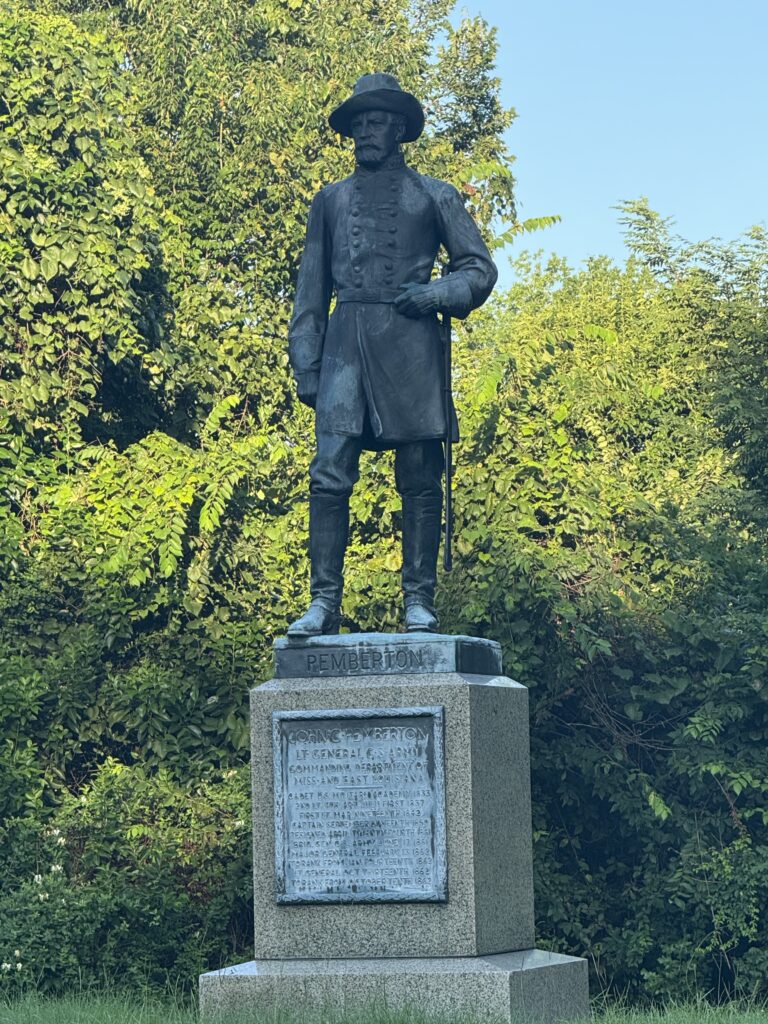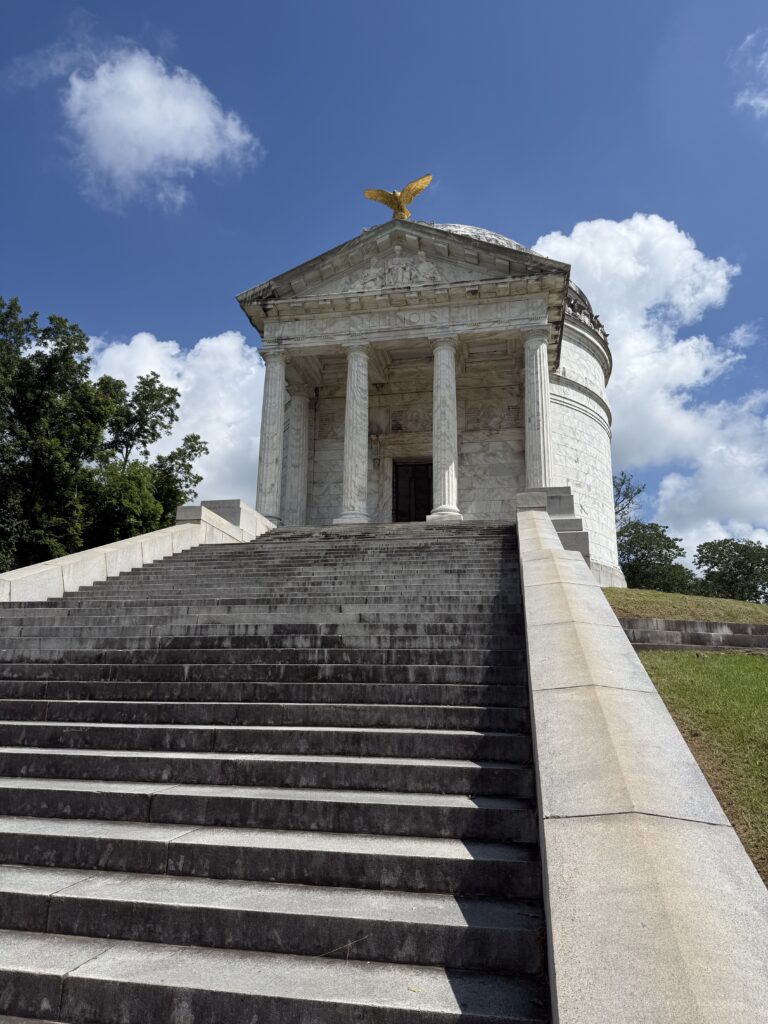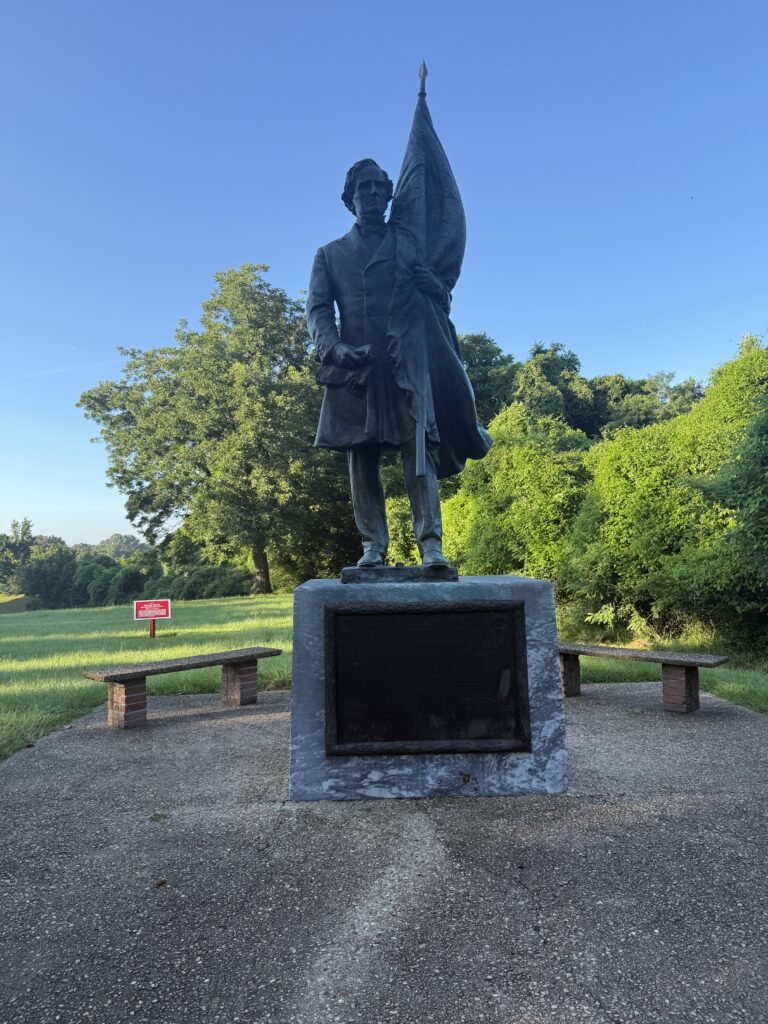by Katherine Mangan, special to ProPublica
ProPublica is a nonprofit newsroom that investigates abuses of power. Sign up to receive our biggest stories as soon as they’re published.
When the Education Department’s Office for Civil Rights notified George Mason University on July 1 that it was opening an antisemitism investigation based on a recent complaint, the university’s president, Gregory Washington, said he was “perplexed.”
Compared with other campuses, where protesters had ransacked buildings and hunkered down in encampments, George Mason had been relatively quiet over the past year, he said. His administration had taken extensive steps to improve relations with the Jewish community, had enacted strict rules on protests and had communicated all of that to the OCR during a previous antisemitism investigation that remained open.
By the next day, though, there were signs that the new investigation was part of a coordinated campaign to oust him.
One piece of evidence: the speed with which conservative news outlets reported on the OCR’s action, which hadn’t been publicly announced. The OCR letter was embedded in a July 2 article published by a right-wing news outlet, The Washington Free Beacon. The next day, the City Journal, published by the influential and conservative Manhattan Institute, ran an opinion essay headlined “George Mason University’s Disastrous President.” The article accused Washington, the university’s first Black president and a first-generation college graduate, of backing “racially discriminatory DEI programs” — referring to diversity, equity and inclusion efforts — and failing to address campus antisemitism. It concluded that “Washington’s track record warrants his resignation or dismissal.”
The similarities to recent events at another public university in Virginia were hard to ignore. The OCR’s George Mason investigation was opened just four days after the University of Virginia’s president, James E. Ryan, announced that he was resigning to help settle a federal probe into the university’s DEI commitments.
That happened after a group of conservative University of Virginia alumni, the Jefferson Council, published blog entries and newspaper ads decrying the president — in part for focusing too heavily on diversity efforts — and demanding that he resign. The council’s connections to board members and Justice Department lawyers led many observers in higher education to conclude that Ryan’s forced resignation was the result of a coordinated assault.
Now, Washington is feeling the same heat coming from similar sources.
The temperature cranked up several degrees Thursday morning, when the Education Department notified George Mason that it’s opening a second investigation — this one alleging the university illegally considers race in hiring and promoting employees. The department said it was acting on complaints from “multiple professors” at GMU.
In a press statement Thursday, Craig Trainor, the Education Department’s acting assistant secretary for civil rights, suggested that the agency has already reached sweeping conclusions about the university’s hiring practices. “Despite the leadership of George Mason University claiming that it does not discriminate on the basis of race, it appears that its hiring and promotion policies and practices from 2020 to the present, implemented under the guise of so-called ‘Diversity, Equity, and Inclusion,’ not only allow but champion illegal racial preferencing in violation of Title VI of the Civil Rights Act of 1964. This kind of pernicious and wide-spread discrimination — packaged as ‘anti-racism’ — was allowed to flourish under the Biden Administration, but it will not be tolerated by this one,” he wrote.
The university rebutted those accusations in a statement saying it is complying with all federal and state mandates and does not discriminate. The university “received a new Department of Education letter of investigation this morning as it was simultaneously released to news outlets, which is unprecedented in our experience,” the statement said. “As always, we will work in good faith to give a full and prompt response.”
Meanwhile, dozens of Jewish faculty members at GMU have signed on to a statement condemning “an attack on our university community and our GMU President that is quickly intensifying under a false, racially divisive, and deeply cynical claim of combating antisemitism.”
Even before Thursday’s announcement, Washington said he had detected a pattern that’s been playing out at other universities targeted by President Donald Trump’s administration: Multiple investigations are filed in quick succession and word leaks to news organizations.
“It seems like this is orchestrated,” Washington said during an interview Wednesday. “The same people who are kind of aligned that got rid of Jim Ryan are aligned against me.”
He finds the timing of the attacks against him and his university troubling.
“Given that the Office for Civil Rights doesn’t publicly announce who is under investigation, we were wondering how these conservative outlets even got the information in the first place,” Washington said. The “almost hateful discussions of me” in the City Journal article looked like “a concerted effort to try to paint the institution in a negative light.”
Washington said the piece seemed to be urging the Trump administration to take the investigation to the next level, the Department of Justice, which could levy punishments against the university.
Many faculty members at George Mason agree. They worry that despite the OCR’s insistence in its letter to the university that its investigation will be unbiased, the Trump administration has already reached a verdict on the institution’s president and wants him out. As evidence, they point to a web of ties between right-wing news organizations and politicians — including Virginia’s Republican governor, Glenn Youngkin — as well as some George Mason board members.
“The same unfounded and coordinated attacks that pushed Ryan out of UVa are now being leveled at GMU President Greg Washington,” the campus chapter of the American Association of University Professors wrote in an online post. “We think the DOJ, Governor Youngkin, and Youngkin’s appointees” to GMU’s governing board “are trying to force President Washington out so they can hire an ideological ally who will impose the Governor’s political ideologies on Mason’s governance and curriculum.”
Late Wednesday, Virginia’s two Democratic U.S. senators, Mark R. Warner and Tim Kaine, doubled down on those warnings, publishing an opinion piece in the Richmond Times-Dispatch saying that the Trump administration “appears to be eyeing its next target” with George Mason’s president.
“The accusations — which are pushed by bloggers with ties to ultra-conservative groups with histories of false claims about Mason and advocacy for the removal of university presidents — are eerily similar to those lodged against Ryan,” they wrote. “They include vague and politically charged accusations centered around ‘DEI’ and suggestions that the university’s administration has been insufficiently responsive to concerns raised by Jewish students about their safety on campus. That’s despite the fact that the university’s leaders have repeatedly and publicly condemned antisemitism and actually been praised by the local Jewish Relations Council and campus Hillel for their leadership and commitment to Jewish members of Mason’s community.”
The education department’s July 1 letter notified George Mason that it was investigating a complaint, filed in June, that Jewish students and faculty members faced a hostile environment at the Virginia university between October 2023 and the end of the 2024-2025 academic year. It gave the university until July 21 to turn over voluminous information about its response to antisemitism complaints.
It also assured the university it would take a neutral stance in evaluating the information.
Warner and Kaine are skeptical that the investigation will be fair and impartial: In their opinion piece, they said it’s more likely “to serve as yet another smokescreen to punish universities and leaders who don’t align with their ideological goals.”
Some George Mason faculty members share these concerns.
“When you start seeing these hit pieces come out one after another in a matter of days, you know it’s coordinated,” Bethany L. Letiecq, a professor in the College of Education and Human Development, said in an interview.
Indeed, higher education leaders have accused the Department of Justice’s Task Force to Combat Anti-Semitism, which officially oversees investigations by several federal agencies, of ignoring procedures intended to provide due process, racing toward predetermined results, and then punishing universities by stripping them of billions of research dollars.
Washington’s critics have ties to right-wing advocates of eliminating diversity efforts and other examples of what they see as higher education’s “woke” policies. The author of the essay calling Washington a “disastrous” president, Ian Kingsbury, has co-published articles promoting conservative causes with Jay P. Greene, a senior research fellow with The Heritage Foundation. Christopher F. Rufo, one of the nation’s most aggressive and influential opponents of diversity, equity and inclusion initiatives, is among the contributing editors at City Journal.
Such critics are well represented in George Mason’s leadership as well.
Youngkin, the governor, appointed most of GMU’s governing board, known as the board of visitors. The university’s general counsel, Anne Gentry, is married to a longtime conservative activist and executive with the Koch Foundation, Letiecq pointed out. “At Mason, the foxes are in the henhouse,” she said. “It’s an inside job.”
Letiecq worries that Youngkin might exert the same kind of influence that Florida Gov. Ron DeSantis, a fellow Republican, has in trying to reshape higher education to fit a conservative playbook. Neither Youngkin nor the board of visitors immediately responded to requests for comment.
“I have suspected that Youngkin, in his quest for political capital, has been following the DeSantis playbook and sees Mason as a potential New College that they can take over and take down,” she said. New College of Florida, once a progressive institution, underwent substantial changes to its curriculum and staff beginning in 2023 when DeSantis stacked its board with conservative members.
Neither Kingsbury, the author of the City Journal piece, nor the Department of Education responded to inquiries about the patterns Washington saw. Eliana Johnson, editor of the Washington Free Beacon, said in a statement that “our reporting speaks for itself.” City Journal did not respond to requests for comment.
Washington defended his record in a public statement on July 3. “As we prepare a response to the complaint, it is important that we all have an accurate understanding of how safe and welcoming the George Mason community is, particularly as we prepare to welcome tens of thousands of students to campus in just a few short weeks,” he wrote.
“George Mason has not been marred by the sort of violence that has rocked so many other campuses elsewhere in Virginia and around the nation following the Hamas attacks of 2023. It is a distinction we are proud of, and work hard each day to maintain.”
In 11 messages that were sent to the campus community detailing the university’s responses to the Hamas attacks and that were shared with The Chronicle of Higher Education, his office denounced “craven acts of terrorism as we have seen in Israel,” urged “civil discourse, understanding, and peaceable assembly” on campus and denounced the “disgusting behavior” of those who were attempting to distribute antisemitic leaflets. University leaders coordinated with law enforcement to respond to two violent antisemitic actions.
It’s been more than a year since the last campus demonstration related to Gaza, Washington said. That protest remained safe and legal and did not disrupt university business. “No encampments have ever formed at George Mason, and we will not permit them in the future,” Washington said. The university was one of the first to introduce a comprehensive safety and well-being plan, which remains in effect.
“Our data continues to show that our environment has dramatically improved since the horrific Hamas attacks of 2023, so we are perplexed to be receiving this investigation at this time. Nevertheless, we will respond in a forthright, direct, and timely manner to this and any inquiry.”
In the 2023-2024 academic year, the university received 31 bias-incident reports based on antisemitism, according to Rose Pascarell, vice president for university life. Last year, that number dropped to 12.
Plus, she said, the university “responded fully” to a previous OCR complaint related to antisemitism — but never heard back from the government.
Letiecq said that, in her view, Washington has overreacted, not underreacted, to complaints of antisemitism, instituting restrictions on protests and punishments for protesters that she considers “oppressive.”
“This is an insatiable campaign on the right and it seems there’s nothing you can do to satisfy them,” she said.
George Mason, with more than 40,000 students, is the most racially diverse public research university in the state, university officials say. To comply with Trump’s executive orders, the university has repurposed its DEI office to focus on compliance and community. It has cut six positions, eliminated diversity training and expanded a program in constructive dialogue. All of those changes are outlined in a lengthy report to the board. Washington insists, though, that the university won’t abandon its commitments to the underlying principles its diversity efforts support.
“When you are a diverse institution, you have to operate from that diverse framework,” Washington said. “I don’t run away from that. I run toward it.”
DEI expenditures represent 0.1% of the university’s budget, GMU officials say.
Asked why he agreed to speak out publicly when so many presidents have stayed silent to avoid angering the administration, Washington said the attacks were too personal to avoid.
“My philosophy is: Sunlight is disinfectant. We’re going to be transparent with the community throughout the process,” including the back-and-forth with OCR, he said.
Washington says if the university is asked to make significant changes without a standard investigation and discussion of the facts, it will deal with that as necessary. “We will work in good faith to move through this,” Washington said. “We will know if we’re given due process by how they manage our particular case.”
Katherine Mangan is a senior writer at The Chronicle of Higher Education.













